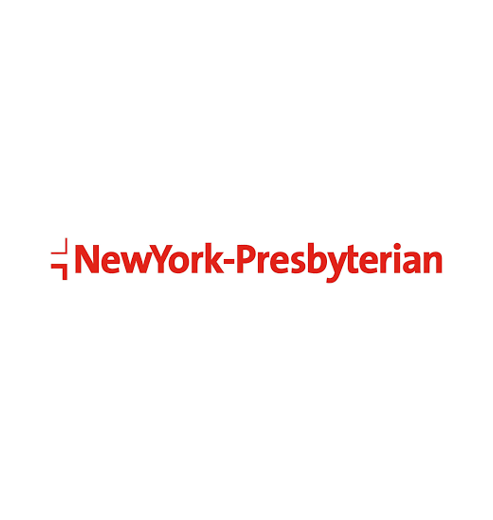DNP Research SurveysEach year, NYSANA members support DNP research by answering survey questions. The following surveys are currently open for CRNA participation only. Evaluating the Efficacy of an Educational Program for Nasal High Flow Oxygen TherapyLow-flow oxygen (LFO) systems, including nasal cannulas and facemasks, are the standard for patients undergoing Monitored Anesthesia Care (MAC). Patients deemed high risk in conjunction with the presence of comorbidities such as obstructive sleep apnea, lung disease and obesity are at an increased risk for decompensation while under MAC. Advantages of High Flow Nasal Oxygen Therapy (HFNOT) include a reduction of oxygen desaturation, incidence of airway interventions and improvement in patient safety. Survey close date: 3/31/2025 |


